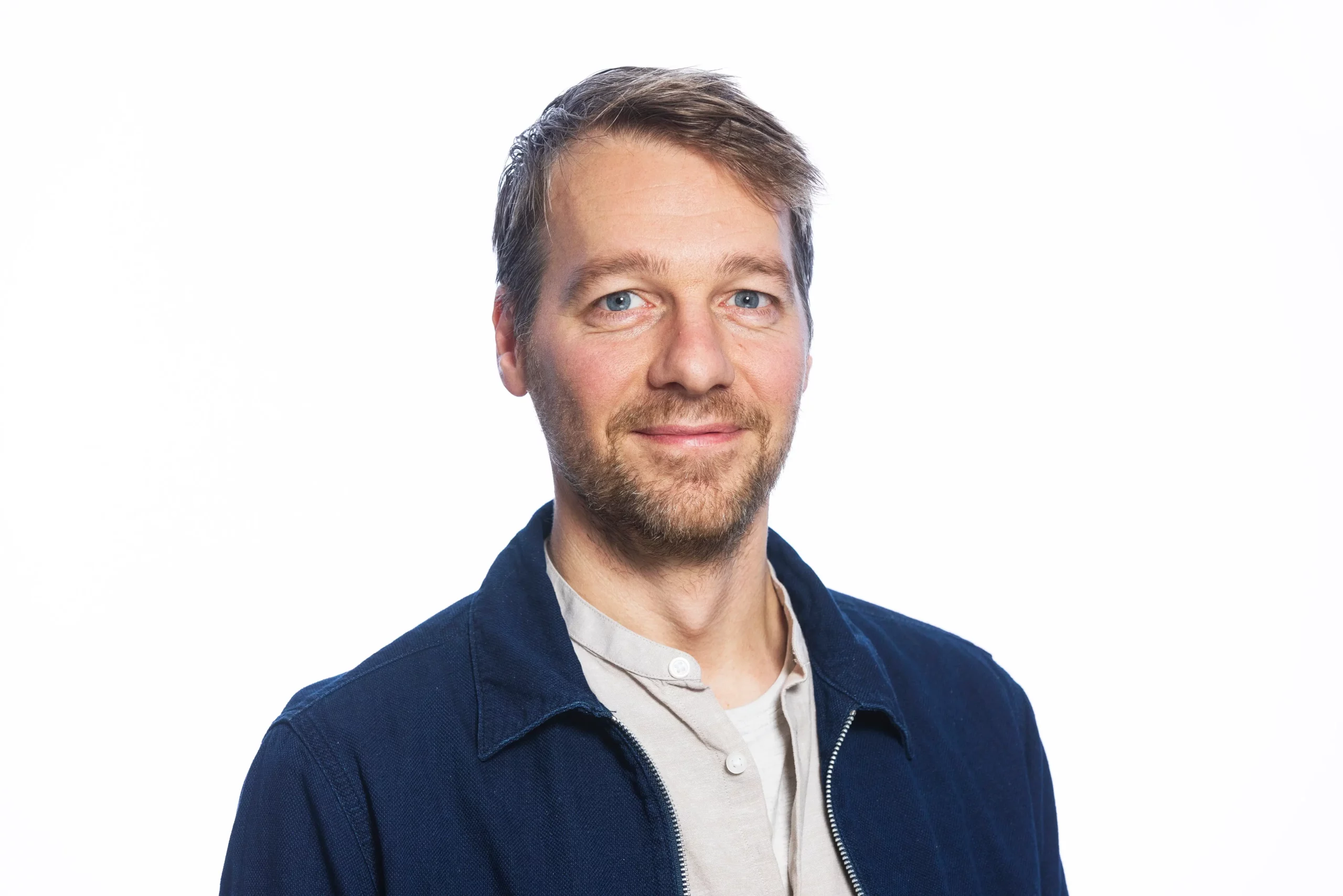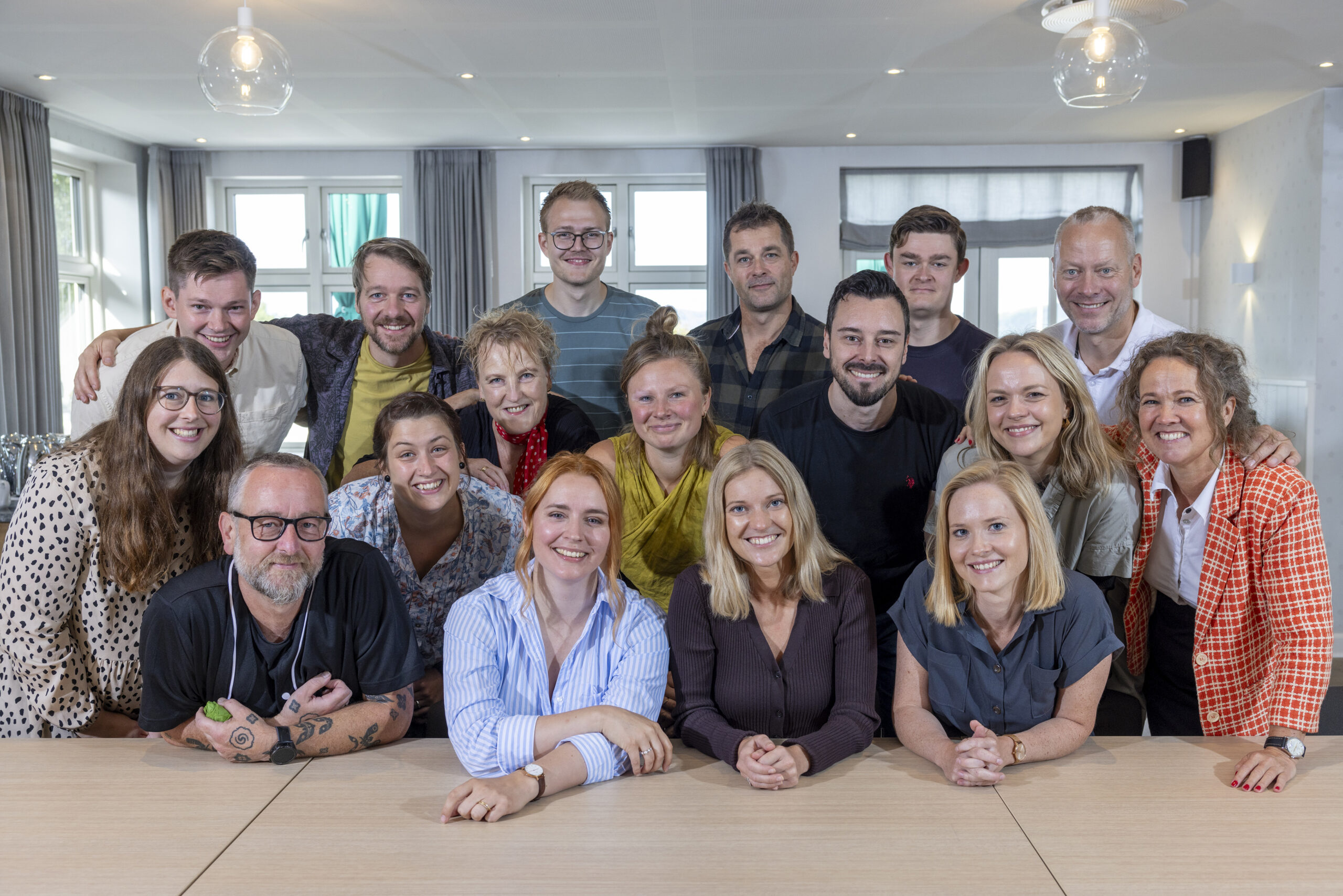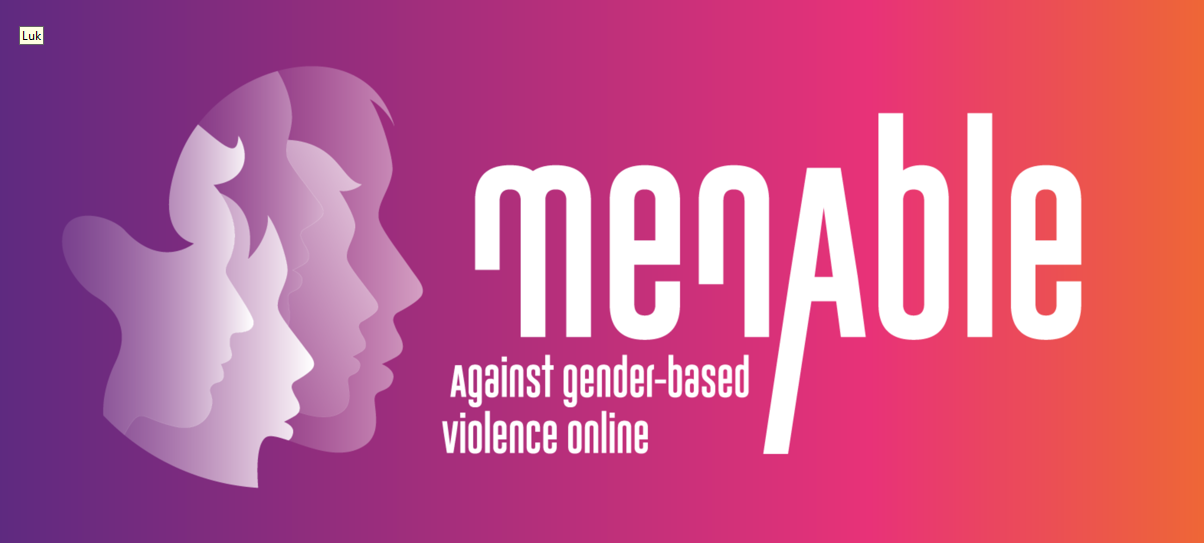Boys need an assist!
In Denmark CfDP is developing a new counselling site targeting young boys. From january 2015 we have taken the first steps to identify young boys’ needs and today we have come up with various design solutions which we will gently unveil in this article. With this project we hope to present some valuable insight to our European collaborators.
The platform of the project will be a specifically designed variation of the online youth counselling tools that exist in Denmark today. We have chosen to maintain our focus on today’s internet communication technologies on which we have built some solid pedagogical practices. Using targeted variations based on ethnographic research, we are now in the process of making our applied ICT’s more relevant for boys to seek out.
Boys typically count for only about 20-30 percent of users of Danish online counsellings, and it is this unfavourable balance between the sexes which our new counselling will try to improve. Similar scenarios seem to exist in most of Europe, and successful experiences with boys counsellings are in demand. Nothing seems to suggest that boys have significantly fewer problems than girls, and at Cyberhus we oftentimes meet boys who are really frustrated with the way we run our counselling.
Read more about boys’ concern in this article introducing the concept of our counselling for boys.
What characterise the boys in our counselling?
Our interviews with young boys and counsellors identify a number of characteristics present in boys’ relationship to counselling, and those findings help us in our design process:
- It takes longer for boys to open up for their emotions
- Boys are more dependent on building trust to a counsellor before they share their emotions
- Boys do not care to show signs of vulnerability or “weakness”
- Boys do not care to “feel” and seek answers within themselves, but are more prone to experiment with tangible advice of action
- Boys appreciate quantitative feedback
- Boys appreciate functional aesthetics over visual aesthetics
Earlier in the process, we identified a very significant challenge that boys, more so than girls, find it difficult to show their vulnerability to others as well as themselves. In a counselling context, an awareness of one own’s vulnerability is a prerequisite to actually acknowledging a problem and then seeking help. We have tried to meet this challenge by looking for “acceptable needs of help” in other spheres of boys’ daily lives.
Cross-what?
When you cross-appropriate, you take a practice or a concept from one context and adopt it to another context. This way the world constantly evolves; for instance when partisan scarfs become fashion objects, or when potluck suppers become dating events. At CfDP we focus our work on cross-appropriation when developing new concepts, and in our boys project we have focused on identifying acceptable needs of help.
We have found such needs in the world of sports as well as in computer gaming. Through many years, there has been a particular awareness of the value of a partner’s help in the sports of ice hockey. The English term “assist” describes the final passing to a player before he scores a goal. The term has spread and is now used in particularly soccer, basketball and handball in which players are acknowledged when they give good assists. Over the last couple of years, the term has also spread to online gaming where players can ask other players for an assist if they have to conquer a specifically difficult enemy. In gaming, players receive points for their assists and it is this form of practice which we are now transferring to our new counselling.
You simply do not receive counselling, you get assists.
Gamification
Besides adopting the idea of an “assist,” we have also looked at some methods in the field of gaming and are incorporating gamification strategies into the counselling setting itself. Partly, we want to give boys a counselling-avatar and also, we want to experiment rewarding boys points and pay recognition for the good assists they give each other on the platform.
The core of the platform will be a debate forum inspired by the developers forum stackoverflow.com who have incorporated solid structures of motivation on their forum. Unlike Stackoverflow however, our new counselling will integrate special assists from adults as an optional part of the forum which users can choose to include as a supplement to the assists they receive from the site’s other young users.
We will update this blog with information on how we will integrate adults in our young-to-young forum as well as details on implementing the functionality of chat.
The project will run until 2017 in partnership with TUBA, and is sponsored by the Velux foundation. The platform is expected to go live during this summer’s school break.
Should you have any questions about this project, please contact concept developer Jonas Sindal.
This article is originally posted in Danish.
]]>



Hvis du vil sætte et par ord på din tilbagemelding, vil det hjælpe os rigtig meget, til at kunne forbedre vores indhold.